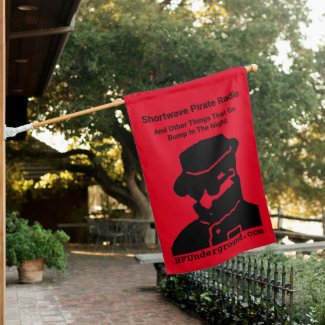Over the last decade Boston has become, if improbably for some, a Caribbean radio hotspot. Reggae and soca seep through the unlicensed openings in the local spectrum, vibrantly occupying foreclosed frequencies. In a landscape dominated by ad-driven automated playlists angling for their share of the middle of the road, a new wave of low-power and largely illicit broadcasters imbue the local soundscape with color, carnival, perspective, and polyrhythm, all while addressing pirate publics who find themselves on the same wavelength. Or close enough. (Some static is unavoidable.)
A casual scan of high-wattage FM fails to pick up frailer signals, making Boston sound at first blush no different than any large US city. Tuning into Anglo-Caribbean FM pirates or Spanish-Caribbean AM stalwarts, on the other hand, offers another angle on the Boston soundscape and on Boston itself. What takes shape is a city thatís far from the Boston seen on TV, closer to the one seen on the T. The right numbers on the dial open windows into worlds where DJs talk about voting and disaster relief efforts when theyíre not debating local sports, hyping next weekendís parties, breaking new releases, or revisiting pull-up-worthy classics that would never find their way back into corporate playlists. Imagined community organizing, with music at its core. Dance music, rap music, here music, there music. All, undeniably, part of the sound of Boston...
Full article here:
http://www.theclustermag.com/blog/?p=2179



